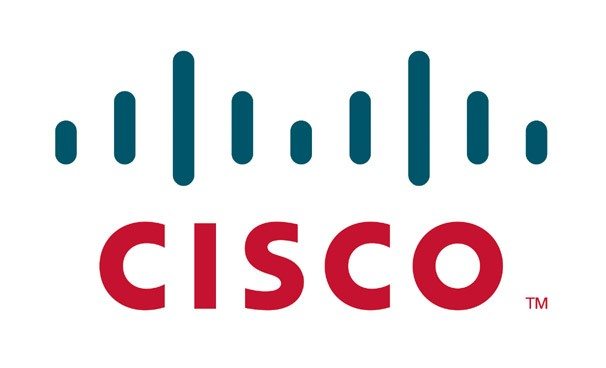
It surprises me to read that a teen intern's paper on social media has created a massive flurry of interest in Morgan Stanley and their clients' middle-aged management teams.
"The Financial Times
reported today that the US investment bank's European media analysts
asked Matthew Robson, a (15-year old) intern from a London school, to write a report
on teenagers' likes and dislikes.
"His report, that dismissed
Twitter and described online advertising as pointless, proved to be 'one of the clearest and most thought-provoking insights we have seen –
so we published it', said Edward Hill-Wood, head of Morgan Stanley's
European media team.
"'We've had dozens and dozens of fund
managers, and several CEOs, e-mailing and calling all day.' He said the
note had generated five or six times more responses than the team's
usual research."
You can read his full report here.
The reason it surprises me that this is news is that it is pretty obvious stuff for those who study or know about this space.
Twitter is not for teens for example.
This is because Twitter is a real-time newsfeed service that people who like news - you and I - find indispensable after a short while.
Sure, you can share social news via Twitter, but it lacks the personalisation of other social networking tools.
That is why Twitter is not for teens.
Teens would rather invest in building a cool profile of themselves that is personalised.
This is why Bebo, MySpace and Facebook works well for them.
These social network sites incorporate the status updates and, in the case of Facebook, are becoming more real-time ... but Twitter just allows short messaging. Sure with Twitpics and other things, you can link to more of your social life, but a short message and tinyurl link to a piccie doesn't do it.
Teens want rich social lives, not short messages.
And the investment they made in building their MySpace page, which then had to be reinvested to build their Facebook page, just won't work in Twitter.
Twitter doesn't allow you to bling your profile y'see. Facebook does.
So this report is old news ... or news for oldies.
Meanwhile, if you really want to know how social media works for banks, here's a new slidedeck I produced on the subject last week for a webinar:
*o
The Finanser is sponsored by Vocalink
and Cisco:

For details of sponsorship email us.
Chris M Skinner
Chris Skinner is best known as an independent commentator on the financial markets through his blog, TheFinanser.com, as author of the bestselling book Digital Bank, and Chair of the European networking forum the Financial Services Club. He has been voted one of the most influential people in banking by The Financial Brand (as well as one of the best blogs), a FinTech Titan (Next Bank), one of the Fintech Leaders you need to follow (City AM, Deluxe and Jax Finance), as well as one of the Top 40 most influential people in financial technology by the Wall Street Journal's Financial News. To learn more click here...

